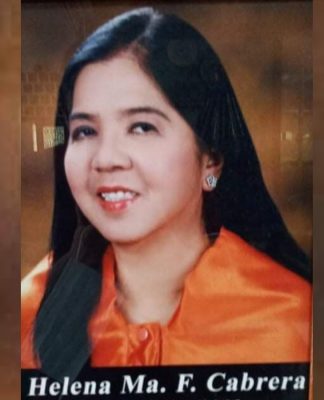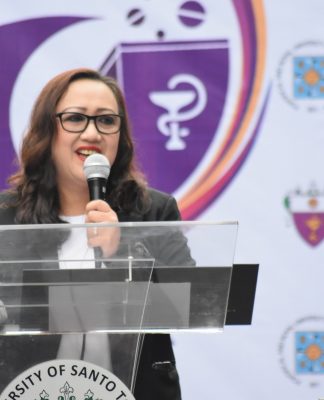FOLLOWING the “Maguindanao massacre” that killed at least 57 people, including 31 journalists, the Catholic Educational Association of the Philippines (CEAP) encouraged aspiring journalists to stay courageous and be “transformational leaders.”
“One of the values that our students need to learn is courage, [and to have] courage is to stand up for what is true and right,” said CEAP president Msgr. Gerardo Santos in a press conference at the UST-Tan Yan Kee Student Center last December 3.
But veteran journalist and journalism professor Alice Colet Villadolid said courage should be accompanied by prudence and wisdom.
“A life and death event should not be covered by a journalist,” Villadolid said.
The Committee to Protect Journalists, an international media watchdog group, has named Philippines as the most dangerous place for journalists following the massacre, overtaking war-torn Iraq.
The group condemned the “gruesome and politically motivated” killings of 57 women, children and journalists, most of whom were in the convoy of Genalyn Mangundadatu, wife of Buluan, Maguindanao vice mayor Eshmael Mangundadatu, who is running for governor in the next elections. Heavily armed men stopped and killed the group which was on its way to file Mangundadatu’s certificate of candidacy at the provincial capital in Shariff Aguak town last November 23.
The rival Ampatuan family stands accused of being responsible for the worst incident of election-related violence in Philippine history.
CEAP statement
“We demand that our civilian and military authorities apply the full force of the law without fear or favor to this case, and bring justice to those responsible for this brutality,” CEAP said in a statement. “We expect our national leaders to address the systematic and persistent social problems that perpetuate lawlessness and abuse of power in the region.”
Notre Dame University president Fr. Edgardo Tanudtanud, O.M.I., CEAP Region IX director, urged the government to address the “culture of impunity” in the region such as “warlordism” and “proliferation of firearms.”
Nestor Lemana, S.R., CEAP Autonomous Region in Muslim Mindanao director, blamed the massacre on the government’s inability to penetrate the region.
“This could not have happened if the government did not give up the supervisorial responsibility over the area. Because of its inability to do what it supposed to do, [the government] delegated this responsibility to the local leaders who later on did these things,” he said.
Senior Cherrynelle Pontejos said the massacre has strengthened her dream to become a journalist.
“I became more inspired because of the journalists who gave their lives [for the coverage],” she said.
But for Anna Crestelle Pedrosa, also a journalism senior, the massacre only showed being a journalist in the Philippines would be perilous.
Freshman Trish Shishikura said: “I never thought of changing my course, but I am considering practicing journalism abroad instead,” Shishikura said. Cliff Harvey C. Venzon
















